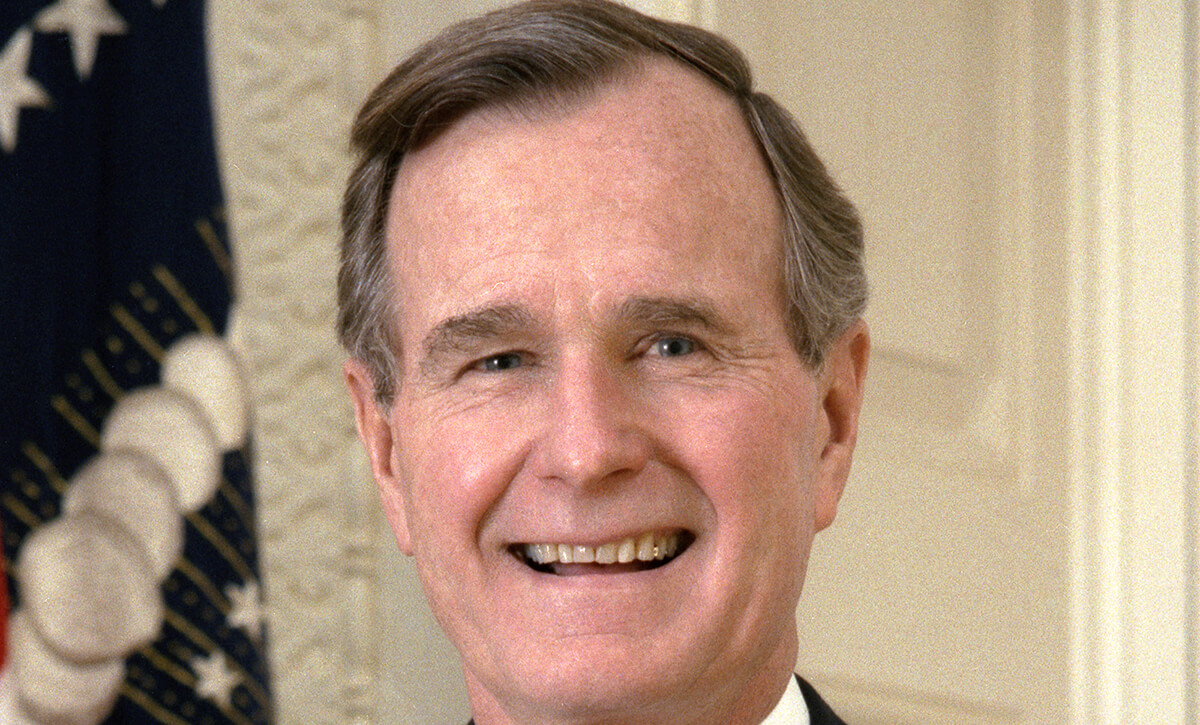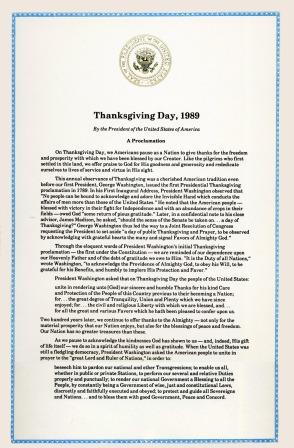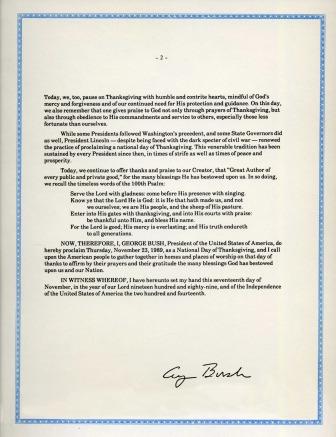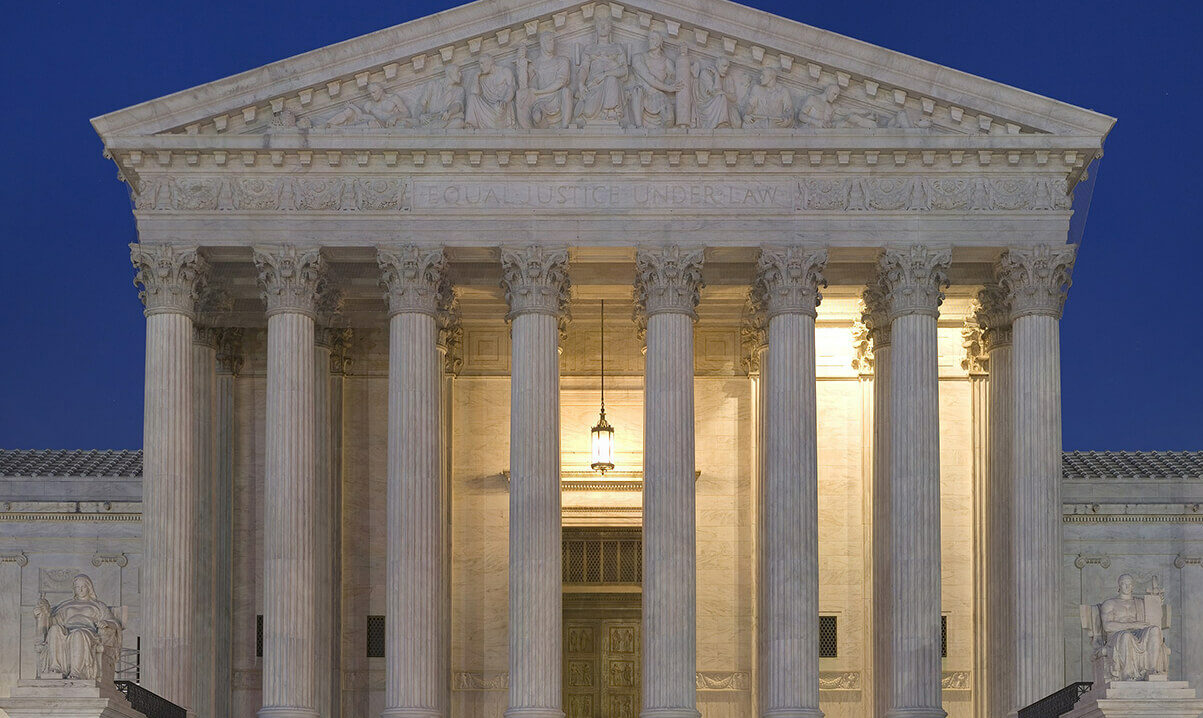Some states have recently considered proposals that would abolish the election of State judges and replace it with a system of appointed judges who would face periodic retention elections. While supporters of this plan argue that retention elections will keep judges accountable to the voters, it is irrefutable that this plan will give judges a level of insulation from the public they have never before experienced and make them more unaccountable than ever before. The folly of this proposal is made clear both by history as well as the lessons of other States that have adopted such a plan.
From a historical perspective, the Founders of our country held succinct opinions on this issue. For example, two centuries ago when the colonists declared themselves independent from Great Britain and had opportunity to create their own governments, they promptly incorporated into America new and important judicial principles – of which the 1780 Massachusetts Constitution was typical in declaring:
All power residing originally in the people and being derived from them, the several magistrates and officers of government vested with authority – whether Legislative, Executive, or Judicial – are their substitutes and agents and are at all times accountable to them. (emphasis added)
The Framers feared tyranny from the judiciary more than from the other two branches, so they placed deliberate limitations on the judiciary. As a result, the Federalist Papers reported that under their plan, “the Judiciary is beyond comparison the weakest of the three departments of power. . . . [and] the general liberty of the people can never be endangered from that quarter.”
As part of that plan, the Framers took care to ensure that judges were accountable to the people at all times. Although federal judges were appointed and did not face election, the Founders made certain that federal judges would be easily removable from office through impeachment, a procedure that today is widely misunderstood and rarely used. While the current belief is that a judge may be removed only for the commission of a criminal offense or the violation of a statutory law, it was not this way at the beginning. As Alexander Hamilton explained, “the practice of impeachments was a bridle” — a way to keep judges accountable to the people. And what did the Framers believe were impeachable offenses? According to Justice Joseph Story, a “Father of American Jurisprudence”:
The offences to which the power of impeachment has been and is ordinarily applied. . . . are what are aptly termed political offences, growing out of personal misconduct, or gross neglect, or usurpation, or habitual disregard of the public interests.
Under the Framers, impeachment occurred whenever a judge attempted to carry a personal agenda through the court; but today impeachment has become what Justice Story warned that it should never be: a power “so weak and torpid as to be capable of lulling offenders into a general security and indifference.” The federal judiciary, because it now enjoys a level of insulation from the people that the Framers never intended and to which they today would vehemently object, is unafraid to reshape American culture and policy to mirror its own political whims and personal values.
Judges given increased levels of protection from the public feel freer to advance personal agendas, often manifesting the view expressed by Supreme Court Justice Benjamin Cardozo who declared that:
I take judge-made law as one of the existing realities of life.
Americans should not have to fear “judge-made laws” as a reality of life. We elect our legislators to make our laws, and those states that elect judges elect them to apply those laws. If these states reject a system of accountable judges, they undoubtedly will face the same arrogance now so evident on the federal level – as when Supreme Court Chief-Justice Charles Evans Hughes declared:
We are under a Constitution, but the Constitution is what the judges say it is.
Since the proclivity to reshape culture and values is so frequently displayed by unaccountable judges, why would a state want to adopt such a system? In fact, why would anyone even propose a system to give additional insulation to judges? Because – proponents answer – for judges to campaign to win the votes of citizens makes the judiciary a “political” branch and weakens the so-called “independence” of the judiciary. Yet, as Thomas Jefferson wisely observed:
It should be remembered as an axiom of eternal truth in politics that whatever power in any government is independent is absolute also. . . . Independence can be trusted nowhere but with the people in mass.
And is anyone really so naivé as to believe that the current appointed “independent” federal judiciary has not become a political branch? As Jefferson had warned:
Our judges are as honest as other men and not more so. They have, with others, the same passions for party, for power, and the privilege of their corps. . . . [A]nd their power the more dangerous as they are in office for life and not responsible, as the other functionaries are, to the elective control.
Contrary to what is asserted by the proponents of appointed judges and retention elections, for judges to campaign and win voter support actually prevents the judiciary from becoming a political branch because citizens can then insist that judges confine themselves to their constitutional roles rather than implement their own political agendas.
Another benefit of the direct elections of judges is the competition that occurs between candidates. In contested races, judicial candidates make public the beliefs of their opponents, thus allowing citizens the opportunity to make informed decisions about those whom they want to sit on the bench. On the other hand, if an individual is appointed rather than elected, his personal beliefs might remain unknown to the public until they manifest themselves in harmful judicial decisions. Furthermore, these appointed judges would have at least four uninterrupted, unrestrained years before they would face voters for the first time in a retention election – and even at that time, there would be no opponent to remind voters of egregious decisions.
Those proposing retention elections are not improving State government. Instead, they are violating one of its most sacred principles: they are removing power from the people — something to which Thomas Jefferson strenuously objected:
The exemption of the judges from that [from election] is quite dangerous enough. I know no safe depository of the ultimate powers of the society but the people themselves; and if we think them [the people] not enlightened enough to exercise their control with a wholesome discretion, the remedy is not to take it [control] from them, but to inform their discretion by education.
Jefferson further declared:
[I]t is necessary to introduce the people into every department of government. . . . Were I called upon to decide whether the people had best be omitted in the legislative or judiciary department, I would say it is better to leave them out of the legislative. The execution of the laws is more important than the making of them.
Understanding that “the execution of the laws is more important than the making of them,” many of our earliest statesmen supported the election of State judges. For example, Noah Webster, himself a judge and the man responsible for Article 1, Section 8, 8 of the U. S. Constitution, declared:
[M]en elected to office should be able men, men of talents equal to their stations, men of mature age, experience and judgment; men of firmness and impartiality. This is particularly true with regard to men who constitute tribunals of justice – the main bulwark of our rights.
In addition to these historical lessons, recent experiences demonstrate that in States with an appointed judiciary, judges are quite comfortable in exerting political influence rather than simply upholding and applying State laws.
For example, in the 2002 election, the appointed New Jersey Supreme Court reviewed the State law declaring that a candidate’s name may be replaced on the ballot only if the “vacancy shall occur not later than the 51st day before the general election” and somehow decided that the 35th day before the election fulfilled the same legal requirements as the 51st day before the election. (Recall that the Democrat candidate was lagging far behind his Republican opponent in the polls; the Democrats convinced the unelected judges to place a more viable candidate on the ballot – in violation of the State law – and Democrats therefore won a U. S. Senate seat they were destined to lose.)
And who can forget the appointed Florida Supreme Court in the 2000 presidential election? Even though State law declared that all election vote tallies were to be submitted to the Secretary of State’s office by 5 PM on the 7th day following the election, and that results turned in past that time were to be ignored, those judges ruled that 5 PM on the 7th day really meant 5 PM on the 19th day, and that the word “ignored” really meant just the opposite – that the Secretary of State must accept all results, even those that did not comply with the law.
Judges facing regular elections would not have rendered decisions that ignored such clear legislative language (not to mention basic math or the common meaning of words). Elected judges know that if they make such agenda-driven decisions, they will face a plethora of opponents in their next race who will remind voters of their demonstrated contempt for State law.
Arrogant, elitist proposals that judges should be protected from citizens in this day of rampant judicial political agendas is unthinkable in our free society. History is too instructive on the necessity of direct judicial accountability for its lessons to be ignored today. And while judicial accountability through the use of impeachment on the federal level appears to be a thing of the past, judicial accountability through the direct election of State judges should not be.
Footnotes
A Constitution or Frame of Government Agreed Upon by the Delegates of the People of the State of Massachusetts-Bay (Boston: Benjamin Edes & Sons, 1780), 9, Massachusetts, 1780, Part I, Article V.
Alexander Hamilton, Federalist #78, Alexander Hamilton, John Jay, James Madison, The Federalist on the New Constitution (Philadelphia: Benjamin Warner, 1818), 419-420; Hamilton, Federalist #73, The Federalist (1818), 398.
See, for example, Irving Brant, Impeachment: Trials & Errors (New York: Alfred Knopf, 1972); Warren S. Grimes, who argues that impeachment is a relic of the past and should be abandoned in his “Hundred-Ton-Gun Control: Preserving Impeachment as the Exclusive Removal Mechanism for Federal Judges,” UCLA Law Review (June 1991), 1254; U.S. v. Carol Bayless, 95 Cr. 533 (S.D. NY, 1996); the joint statement issued by current and former chief-judges of the United States Court of Appeals for the Second Circuit in response to widespread calls from several public officials for the impeachment of federal judge Frank Baer, Jr., March 28, 1996; Fort Worth Star Telegram, April 14, 1996, C-5, “Judicial Independence” by David Broder, writer for The Washington Post.
Alexander Hamilton, Federalist #65, The Federalist (1818), 353.
Joseph Story, Commentaries on the Constitution of the United States (Boston: Hilliard, Gray and Company, 1833), II:233-234, § 762.
Story, Commentaries (1833) II:218, § 745.
Benjamin Cardozo, The Nature of the Judicial Process (New Haven: Yale University Press, 1921), 10.
Charles Evans Hughes, speech at Elmira on May 3, 1907, The Autobiographical Notes of Charles Evans Hughes, eds. David J. Danelski & Joseph S. Tulchin (Cambridge: Harvard University Press, 1973), 144.
Thomas Jefferson to Judge Spencer Roane, September 6, 1819, Writings of Thomas Jefferson, ed. Albert Ellery Bergh (Washington, D. C.: The Thomas Jefferson Memorial Association, 1904), XV:213 214.
Jefferson to William Charles Jarvis, September 28, 1820, Writings, ed. Bergh (1904), XV:277.
Jefferson to William Charles Jarvis, September 28, 1820, Writings, ed. Bergh (1904), XV:278.
Jefferson to M. L’Abbe Arnoud, July 19, 1789, Writings, ed. Bergh (1904), VII:422-423.
Noah Webster, A Collection of Papers on Political, Literary, and Moral Subjects (New York: Webster & Clark, 1843), 303, Chapter XV.
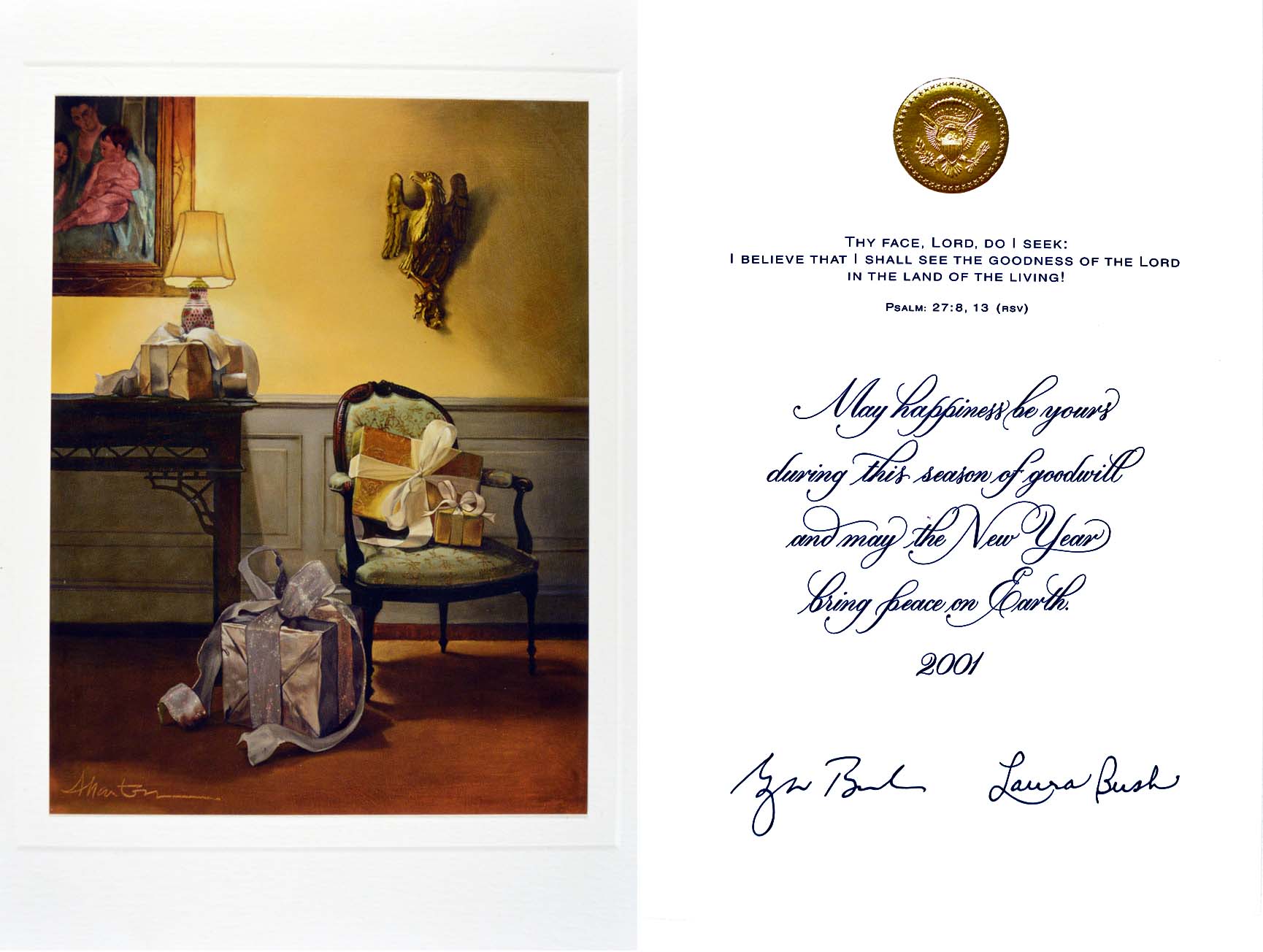
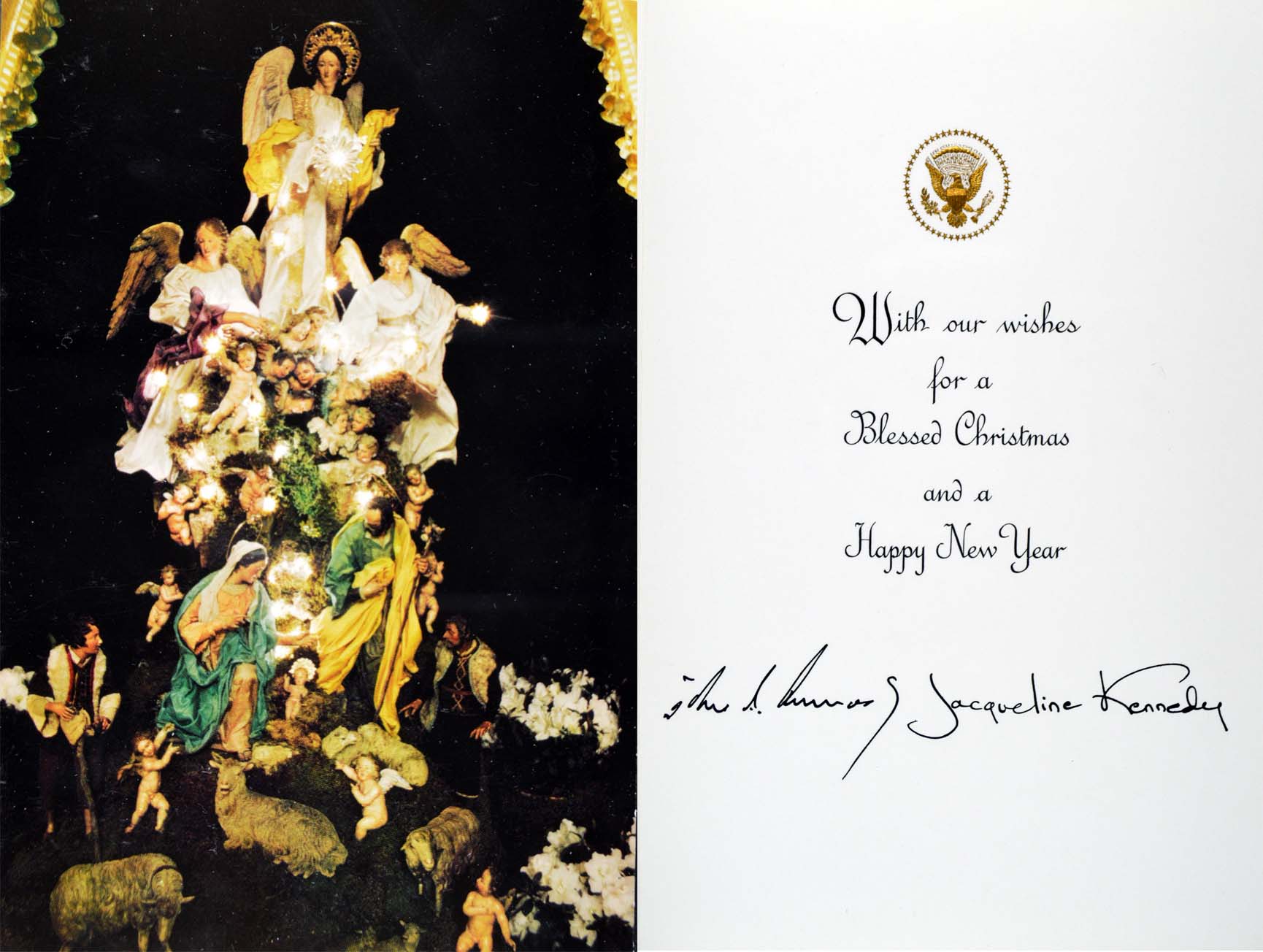
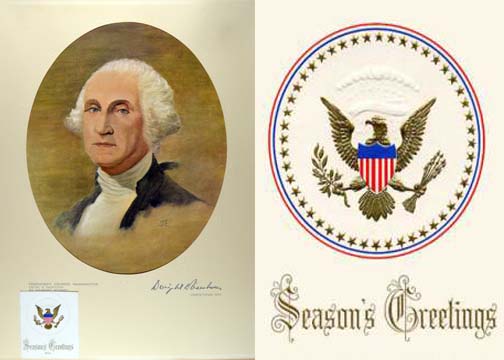

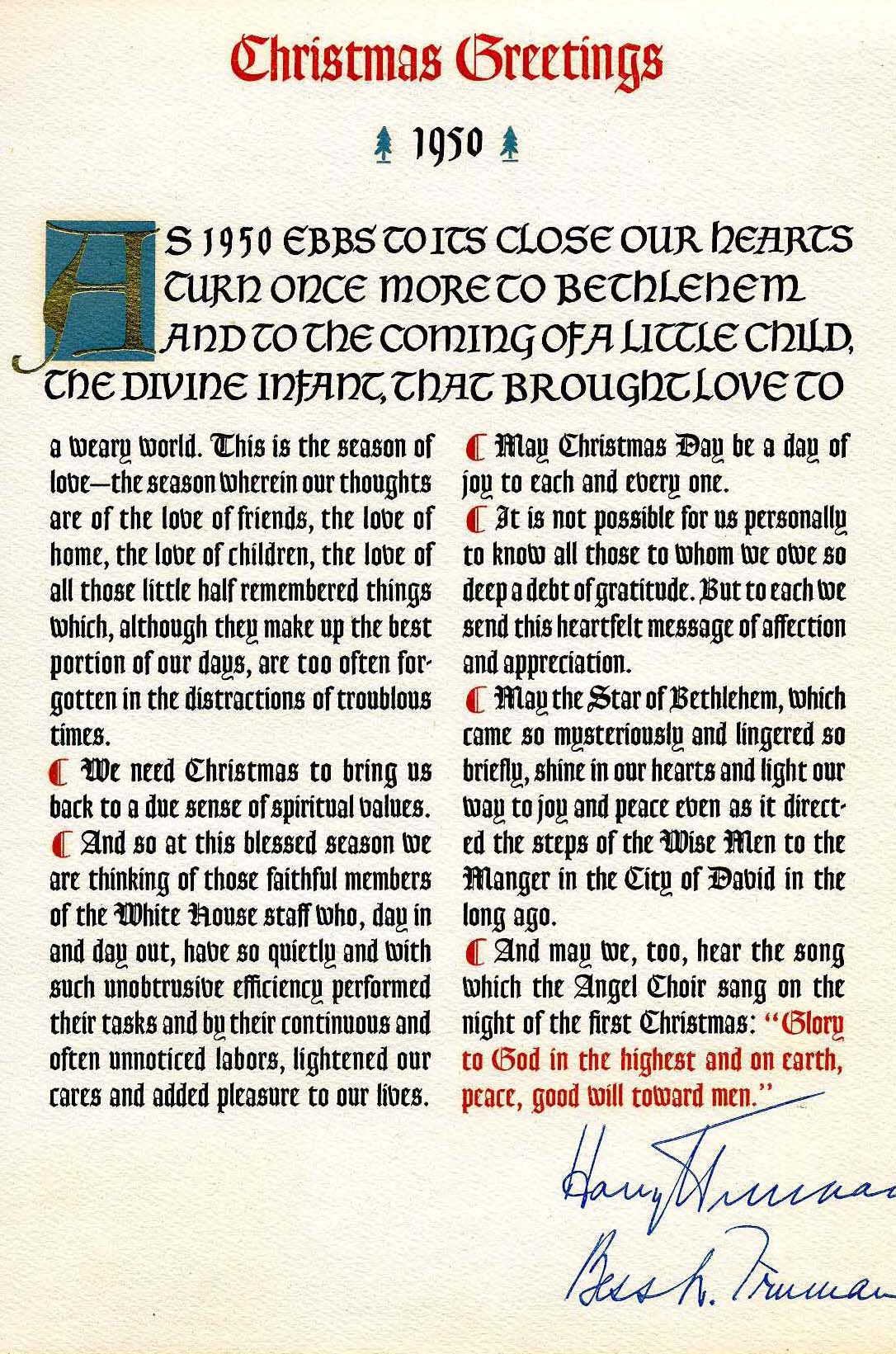
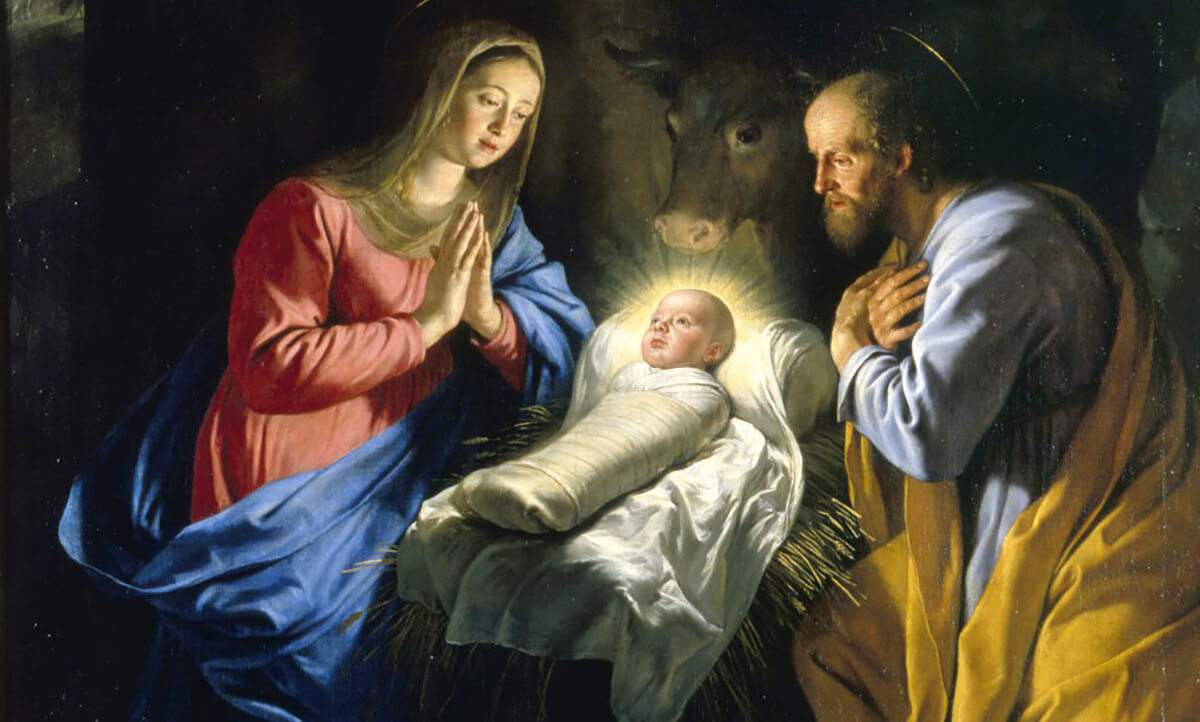
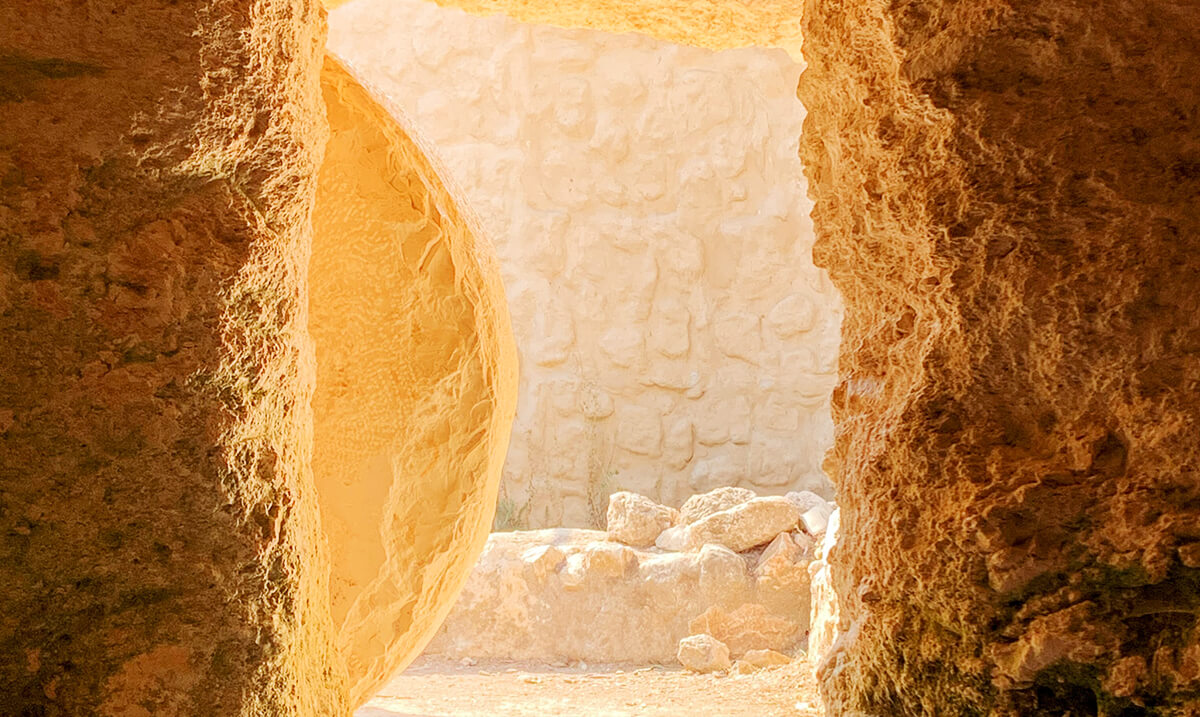
 Easter is celebrated across the world as one of the most significant Christian holy days. It is when Christians pause to remember the great sacrifice of Jesus on the cross as well as the ultimate triumph of His resurrection.
Easter is celebrated across the world as one of the most significant Christian holy days. It is when Christians pause to remember the great sacrifice of Jesus on the cross as well as the ultimate triumph of His resurrection.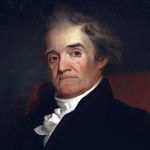 As Noah Webster, author in 1828 of America’s
As Noah Webster, author in 1828 of America’s 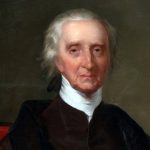 The approaching festival of Easter, and the merits and mercies of our Redeemer copiosa assudeum redemptio have lead me into this chain of meditation and reasoning, and have inspired me with the hope of finding mercy before my Judge, and of being happy in the life to come — a happiness I wish you to participate with me by infusing into your heart a similar hope.
The approaching festival of Easter, and the merits and mercies of our Redeemer copiosa assudeum redemptio have lead me into this chain of meditation and reasoning, and have inspired me with the hope of finding mercy before my Judge, and of being happy in the life to come — a happiness I wish you to participate with me by infusing into your heart a similar hope.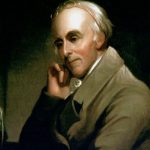 He forgave the crime of murder on His cross; and after His resurrection, He commanded His disciples to preach the gospel of forgiveness, first at Jerusalem, where He well knew His murderers still resided. These striking facts are recorded for our imitation and seem intended to show that the Son of God died, not only to reconcile God to man but to reconcile men to each other.
He forgave the crime of murder on His cross; and after His resurrection, He commanded His disciples to preach the gospel of forgiveness, first at Jerusalem, where He well knew His murderers still resided. These striking facts are recorded for our imitation and seem intended to show that the Son of God died, not only to reconcile God to man but to reconcile men to each other.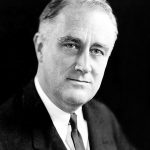 Yesterday, Christendom celebrated Easter—the anniversary of the Resurrection of Our Lord Who, at the beginning of His ministry was thirty years of age and at His death was only thirty-three. Christianity began with youth, and through the last two thousand years, the spirit of youth repeatedly has revitalized it.
Yesterday, Christendom celebrated Easter—the anniversary of the Resurrection of Our Lord Who, at the beginning of His ministry was thirty years of age and at His death was only thirty-three. Christianity began with youth, and through the last two thousand years, the spirit of youth repeatedly has revitalized it.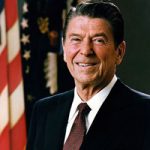 Beginning today and culminating on Sunday morning, Christians will celebrate with their families the resurrection of Christ, His victory over death. We will remember that He gave His body and His blood—washing clean the faults and the shortcomings of the world. In our rejoicing we will renew the hope that is ours through the risen Lord.
Beginning today and culminating on Sunday morning, Christians will celebrate with their families the resurrection of Christ, His victory over death. We will remember that He gave His body and His blood—washing clean the faults and the shortcomings of the world. In our rejoicing we will renew the hope that is ours through the risen Lord.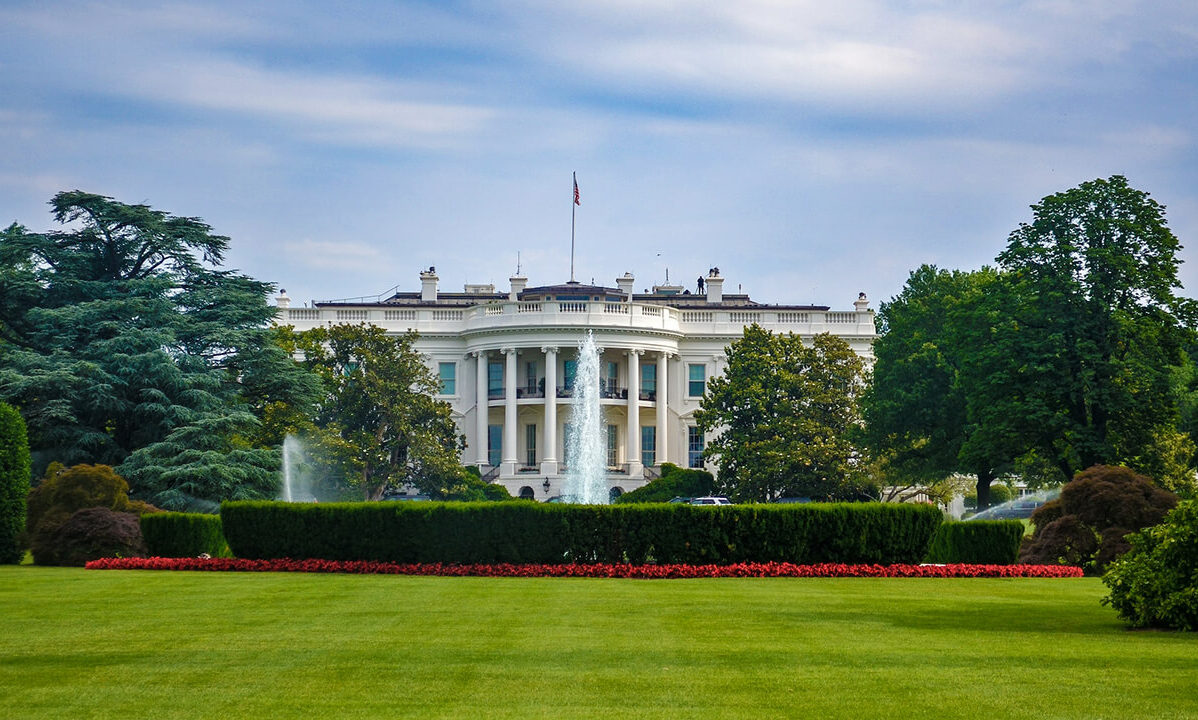
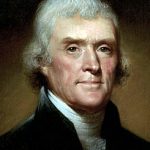 America is a blessed nation. We enjoy a level of political stability,
America is a blessed nation. We enjoy a level of political stability, 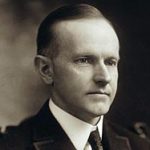 [T]he authority of law, the right to equality, liberty, and property under American institutions, have for their foundation reverence for God. If we could imagine that to be swept away, these institutions of our American government could not long survive.
[T]he authority of law, the right to equality, liberty, and property under American institutions, have for their foundation reverence for God. If we could imagine that to be swept away, these institutions of our American government could not long survive.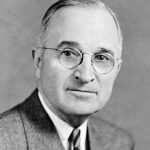 The Constitution and the Declaration of Independence can live only as long as they are enshrined in our hearts and minds. If they are not so enshrined, they would be no better than mummies in their glass cases, and they could in time become idols whose worship would be a grim mockery of the true faith. Only as these documents are reflected in the thoughts and acts of Americans can they remain symbols of a power that can move the world.
The Constitution and the Declaration of Independence can live only as long as they are enshrined in our hearts and minds. If they are not so enshrined, they would be no better than mummies in their glass cases, and they could in time become idols whose worship would be a grim mockery of the true faith. Only as these documents are reflected in the thoughts and acts of Americans can they remain symbols of a power that can move the world.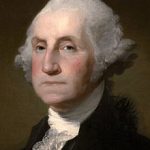 On Presidents Day — and with a presidential election directly in front of us — let’s remember the
On Presidents Day — and with a presidential election directly in front of us — let’s remember the 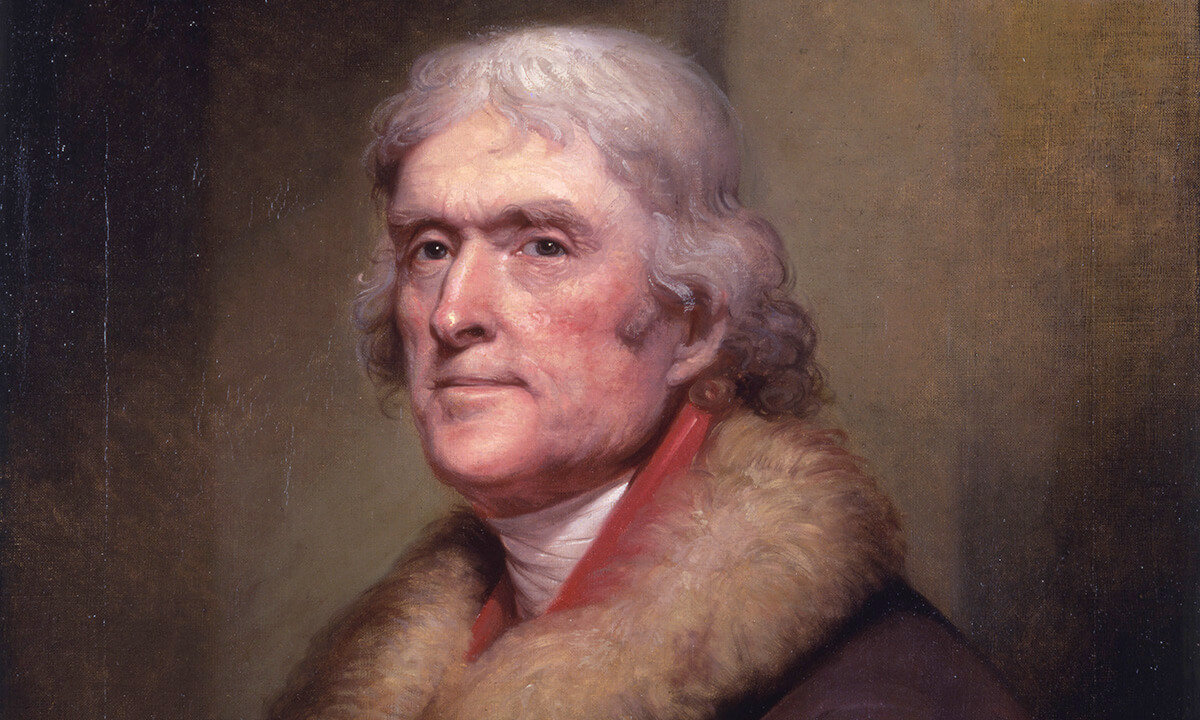
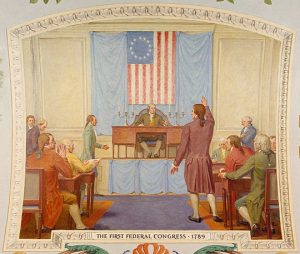
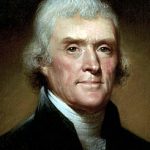 No provision in our Constitution ought to be dearer to man than that which protects the rights of conscience against the enterprises of the civil authority.
No provision in our Constitution ought to be dearer to man than that which protects the rights of conscience against the enterprises of the civil authority.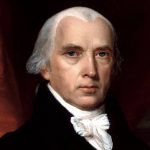
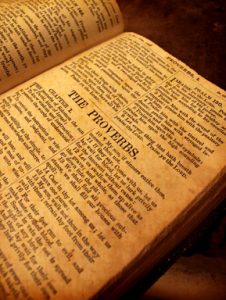 “[The Bible] is the rock on which our Republic rests.” President
“[The Bible] is the rock on which our Republic rests.” President 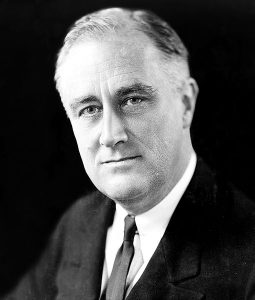 I suggest a nationwide reading of the Holy Scriptures during the period from Thanksgiving Day to Christmas…[G]o to…the Scriptures for a renewed and strengthening contact with those eternal truths and majestic principles which have inspired such such measure of true greatness as this nation has achieved.
I suggest a nationwide reading of the Holy Scriptures during the period from Thanksgiving Day to Christmas…[G]o to…the Scriptures for a renewed and strengthening contact with those eternal truths and majestic principles which have inspired such such measure of true greatness as this nation has achieved.
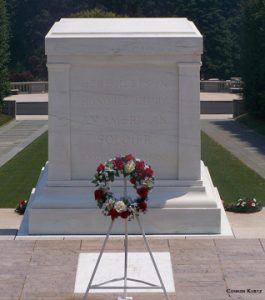 The Korean War Memorial in Washington D.C. reminds us: “Freedom is not free!” Americans have long understood this, and across the generations 42 million men and women — serving as soldiers, sailors, and airmen — have been willing to give their time, talents, and even their lives to protect America and her cherished freedoms. To honor these courageous citizens, November 11, is
The Korean War Memorial in Washington D.C. reminds us: “Freedom is not free!” Americans have long understood this, and across the generations 42 million men and women — serving as soldiers, sailors, and airmen — have been willing to give their time, talents, and even their lives to protect America and her cherished freedoms. To honor these courageous citizens, November 11, is 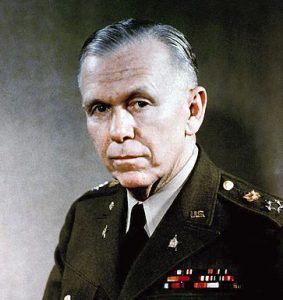 General George C. Marshall, a famous military leader during World War II, summarized the mission of these warriors when he
General George C. Marshall, a famous military leader during World War II, summarized the mission of these warriors when he 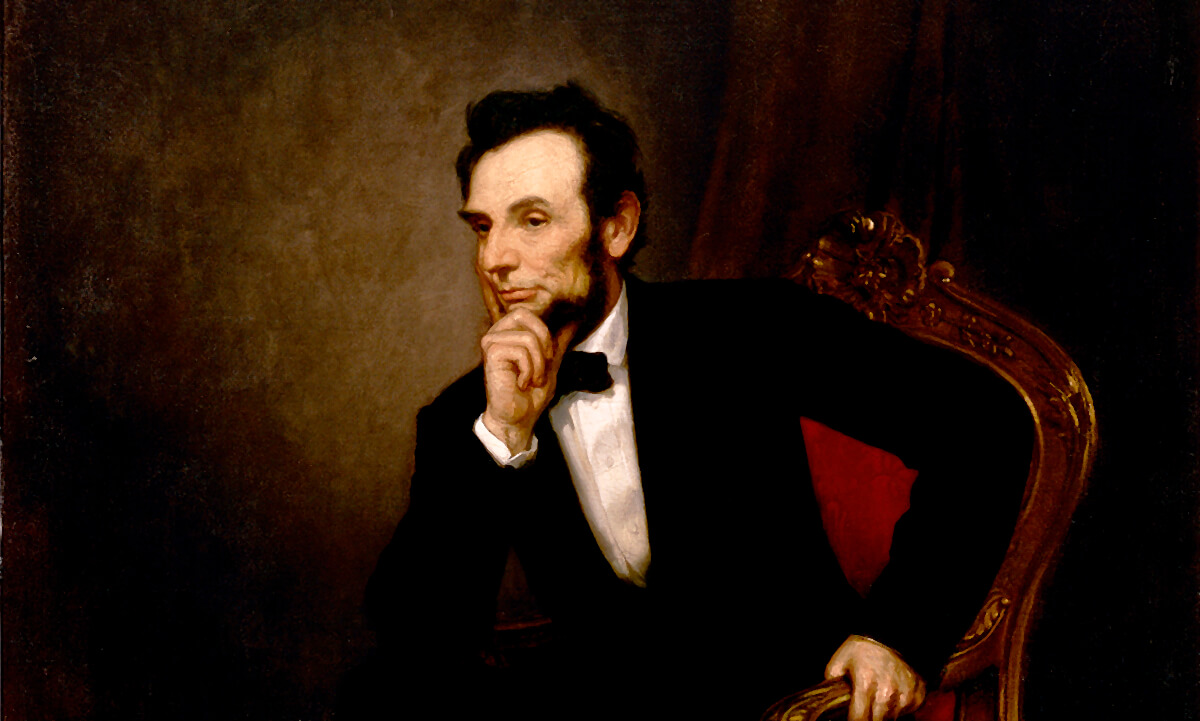
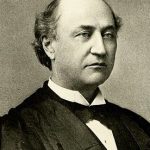 [I]n what sense can [America] be called a Christian nation? Not in the sense that Christianity is the established religion or that the people are in any manner compelled to support it. . . . Neither is it Christian in the sense that all its citizens are either in fact or name Christians. On the contrary, all religions have free scope within our borders. Numbers of our people profess other religions, and many reject all. Nor is it Christian in the sense that a profession of Christianity is a condition of holding office or otherwise engaging in public service, or essential to recognition either politically or socially. . . . Nevertheless, we constantly speak of this republic as a Christian nation – in fact, as the leading Christian nation of the world.
[I]n what sense can [America] be called a Christian nation? Not in the sense that Christianity is the established religion or that the people are in any manner compelled to support it. . . . Neither is it Christian in the sense that all its citizens are either in fact or name Christians. On the contrary, all religions have free scope within our borders. Numbers of our people profess other religions, and many reject all. Nor is it Christian in the sense that a profession of Christianity is a condition of holding office or otherwise engaging in public service, or essential to recognition either politically or socially. . . . Nevertheless, we constantly speak of this republic as a Christian nation – in fact, as the leading Christian nation of the world.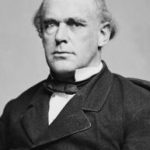 No nation can be strong except in the strength of God, or safe except in His defense. The trust of our people in God should be declared on our national coins. You will cause a device to be prepared without unnecessary delay with a motto expressing in the fewest and tersest words possible this national recognition.
No nation can be strong except in the strength of God, or safe except in His defense. The trust of our people in God should be declared on our national coins. You will cause a device to be prepared without unnecessary delay with a motto expressing in the fewest and tersest words possible this national recognition.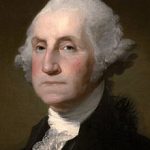 As George Washington told the nation when he left the presidency:
As George Washington told the nation when he left the presidency:
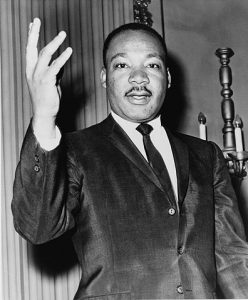 For example, she stressed the importance of Dr. King but apparently did not realize that in his famous “
For example, she stressed the importance of Dr. King but apparently did not realize that in his famous “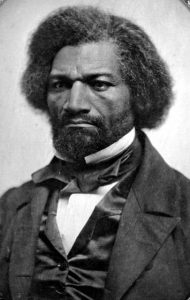 But Dr. King wasn’t the first black civil rights activist to praise the Declaration of Independence.
But Dr. King wasn’t the first black civil rights activist to praise the Declaration of Independence. 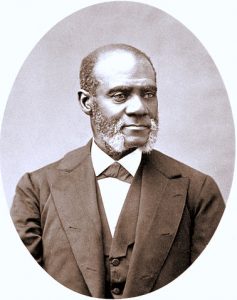 And
And 